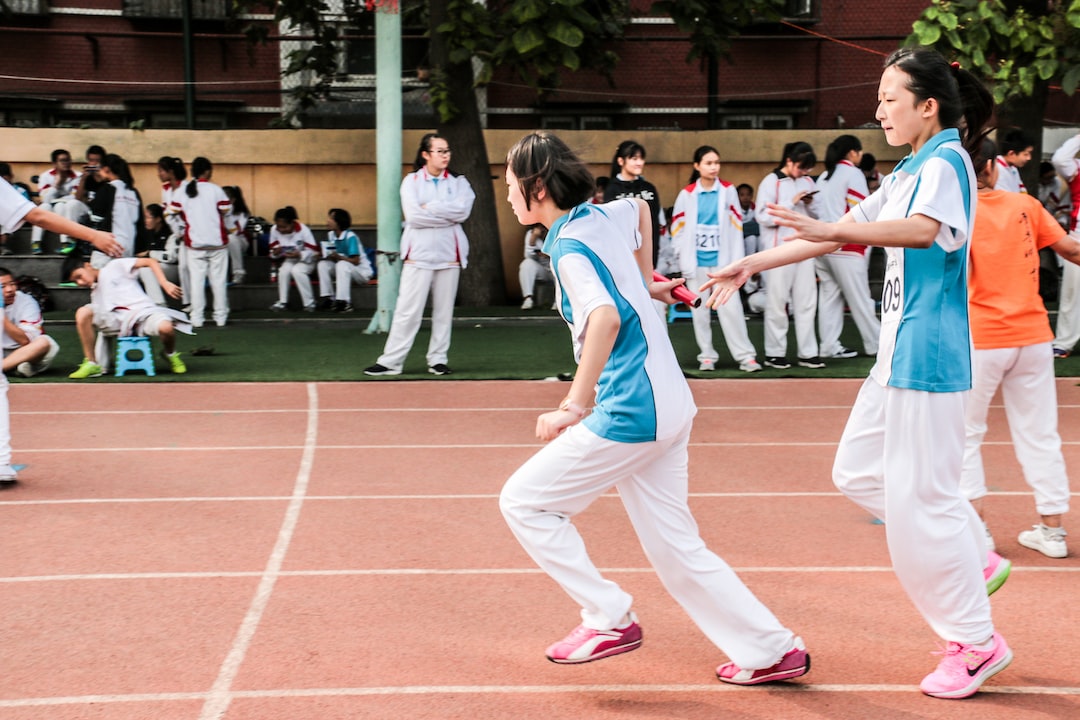The Olympics Games, considered as the most prestigious sporting event in the world, have a rich history that dates back thousands of years. From its humble beginnings in ancient Greece to the grand international event it has become today, the Olympics have continually evolved, leaving a lasting impact on athletics and society as a whole.
The story of the Olympic Games begins in the 8th century BC in ancient Greece. The Games were initially held in Olympia, a small town in the western part of the Peloponnese. Originally dedicated to the Olympian gods, the Games were an integral part of religious ceremonies and rituals. They consisted primarily of athletic competitions, such as running, jumping, and throwing the discus and javelin.
During ancient times, the Olympics were far from the extravagant spectacle we witness today. Athletes competed naked, covered in olive oil to shine their bodies. The Games lasted only one day, with a single event called the stadion, a 200-meter foot race, being the main attraction. As the years went by, more events were added, including the pentathlon, chariot races, and wrestling, making the Olympics a multi-sport event.
Incredibly, the ancient Olympics persevered for over a millennium, enduring political unrest and conflicts. However, the games eventually came to an end in AD 393 after Emperor Theodosius I banned all pagan festivals, including the Olympics. For nearly 1,500 years, the world was deprived of the spectacle that had captivated ancient Greece.
It was not until the late 19th century that the Olympic Games were revived. French nobleman Pierre de Coubertin was the driving force behind the movement to reinstate the Games. Inspired by the ancient Olympics, Coubertin sought to promote peace, international understanding, and physical education through the revival of the modern Olympics.
The inaugural modern Games took place in Athens in 1896. The event was a modest affair compared to the mammoth event it is today, with only 241 athletes from 14 nations participating. However, it marked the rebirth of the Olympics and ignited a legacy that would forever shape the world of athletics.
Since its revival, the Olympics have grown exponentially with each edition, attracting more nations and athletes. The Games have become a symbol of unity and a platform for athletes from diverse backgrounds to showcase their skills and abilities. From track and field to swimming, gymnastics to wrestling, the Olympics offer a stage for athletes to push the boundaries of human achievement.
The impact of the Olympic Games on athletics cannot be overstated. The Games have not only elevated individual athletes to legendary status but have also significantly influenced the development of sports. The Olympics have served as a catalyst for innovation, fostering the creation of new techniques, equipment, and technology in various sports disciplines. Athletes constantly strive to outdo one another and break records, driven by the spirit of competition that the Olympics embody.
Moreover, the Olympics have had a profound impact on society beyond the realm of sports. The Games have been a platform for nations to showcase their culture and values to the world. Hosting the Olympics has become a matter of national pride and prestige, with countries investing heavily in infrastructure and facilities to provide a memorable experience for athletes and spectators alike.
The Olympic Games have also brought attention to important social and political issues. Throughout history, athletes have used the Games as a platform to express their views, advocate for change, and challenge societal norms. From Jesse Owens’s triumph in Nazi Germany in 1936 to Tommie Smith and John Carlos’s Black Power salute in 1968, the Olympics have witnessed moments of activism and sparked important conversations on race, equality, and human rights.
In conclusion, the history of the Olympic Games is a testament to the enduring spirit of competition, unity, and human achievement. From its ancient origins to its modern manifestation, the Olympics have captivated the world and left an indelible mark on athletics and society. With each edition, the Games continue to inspire athletes to reach new heights and remind us of the power of sport to transcend borders and unite people from all walks of life.
